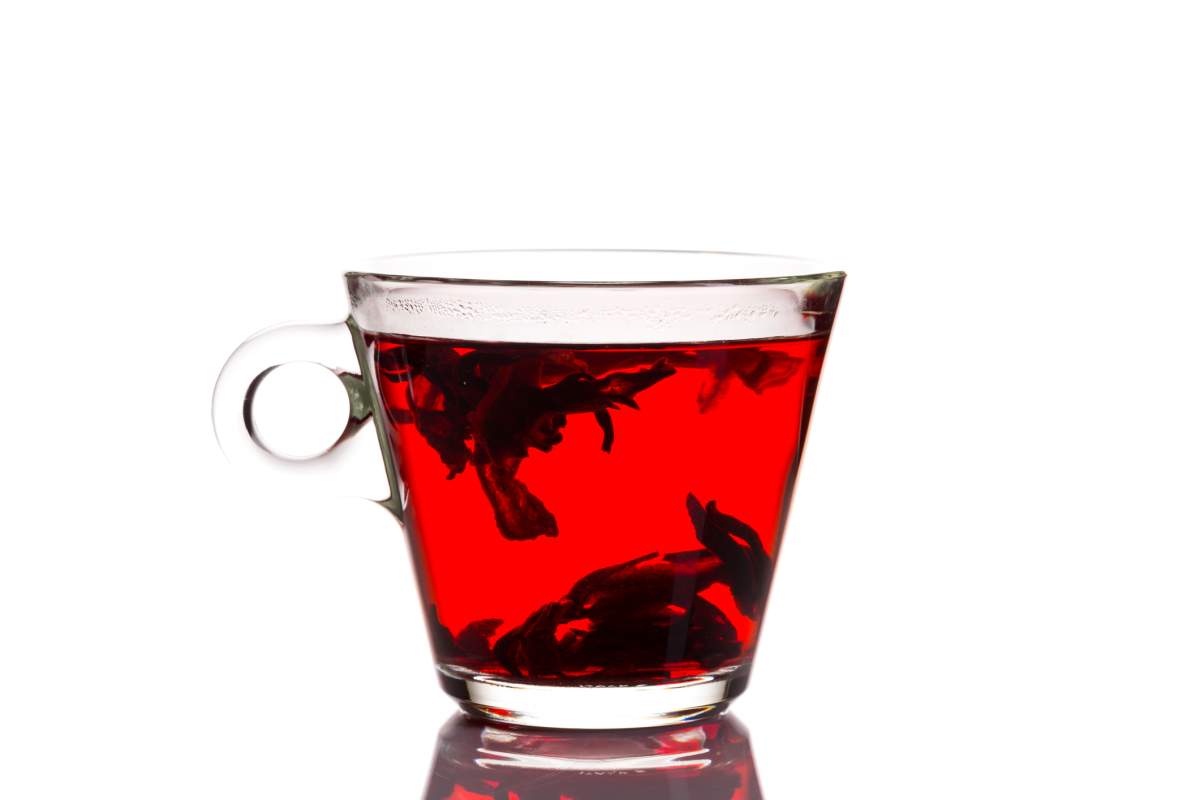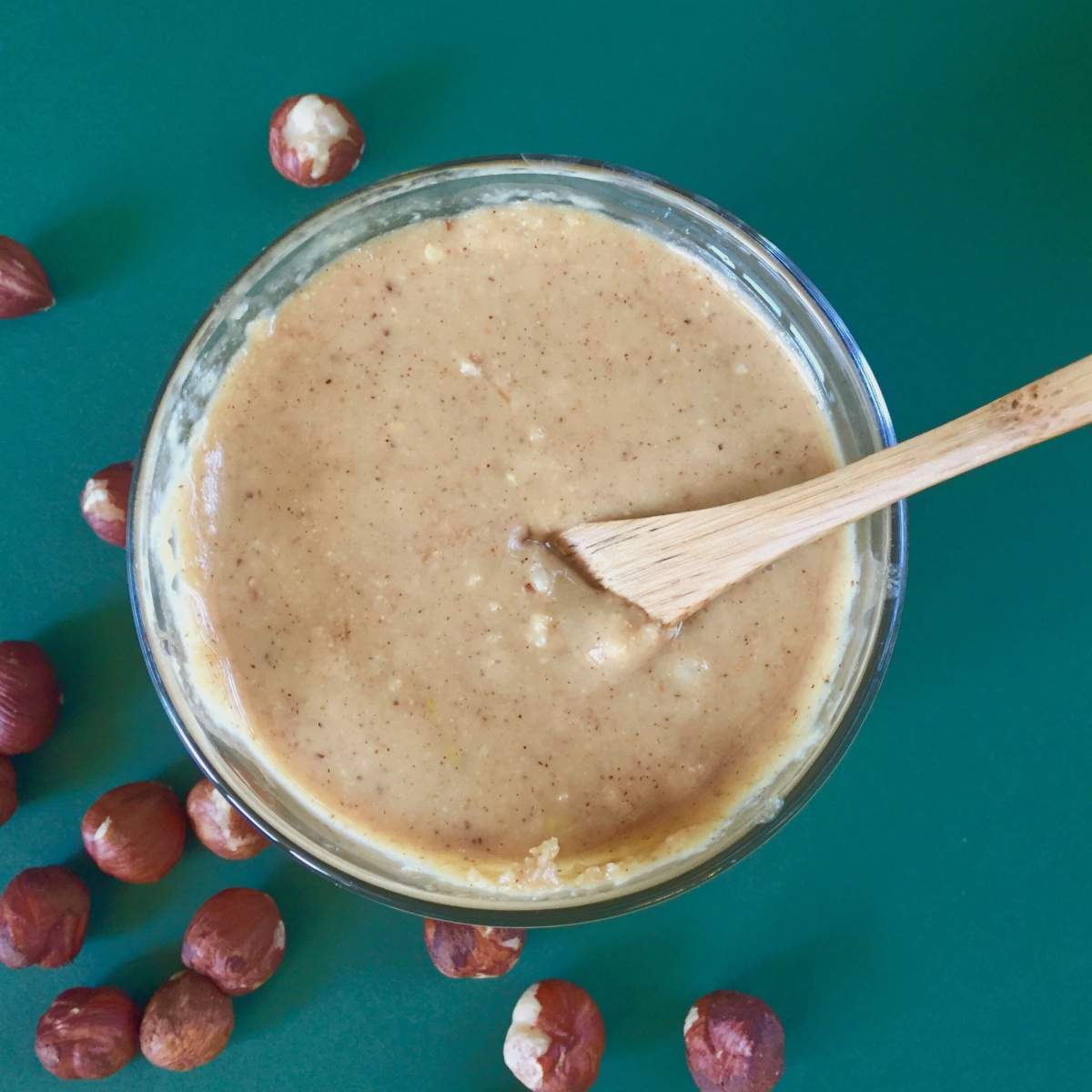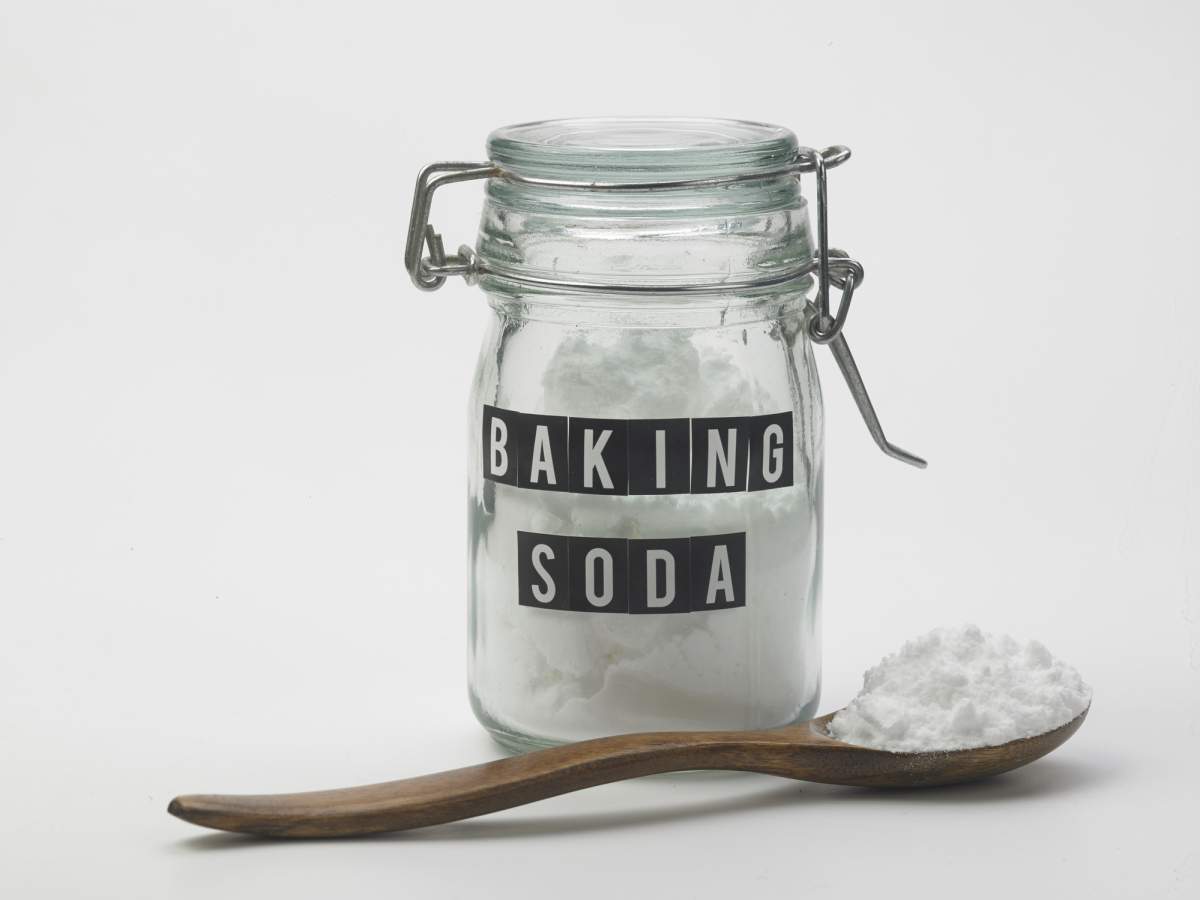People don’t often clean out their pantries until spring comes around, but some experts say we should always be alert when things expire.

Nishta Saxena, a registered dietitian with Vibrant Nutrition in Toronto, says when it comes to what’s in your pantry, it’s often out of out of sight, out of mind.
“Whether it’s your spice drawer or cupboard or pantry or basement, if you’re not seeing it you’re less likely to assess it.”
Saxena says the majority of items in pantries are bought in bulk and are used to flavour or enhance a meal. And unlike the contents of our fridge, we’re not using these items every day.
READ MORE: 8 useless household items you should get rid of in 2018
And when something does expire, we can often smell it or see mould, but for a lot of pantry items — ones that tend to have a long shelf life — it can be hard to pinpoint if or when they’ve gone bad.
Food52 adds most people aim for a well-stocked pantry just in case they feel like making an item they don’t make weekly. However, this is when you end up holding onto jars or cans of goods for a long period of time.
And according to StillTasty, an online resource for product shelf life, shoppers should also be paying attention to expiry dates.
“Use by” and “best before” dates are commonly found on a variety of food items.
“The date, which is provided voluntarily by the manufacturer, tells you how long the product is likely to remain at its absolute best quality when unopened. But, as the U.S. Department of Agriculture’s Food Safety and Inspection Service points out, it is not a safety date,” the site adds.
Below, experts weigh in on popular pantry items and when they reach the end of their shelf life. And while they may not necessarily make you sick, expired items often don’t have any nutritional or taste value. And as the best safety practice, always read labels carefully before you consume a product.
Canned goods
Saxena says for the best quality, use canned products within a year. “However, low-acidity foods such as vegetables can be stored for as long as two to five years. Higher-acidity foods such as tomatoes should be used within 18 months,” she adds.
Also look out for any signs of damage to the can itself. And if you have a lot of cans in your pantry, make sure you are using them based on their expiry dates. Often, Saxena adds, we end up using whichever can we see first and an older one continues to collect dust for months.
Flour
White flour can last about a year, Saxena says, and the shelf life is less for whole wheat varieties.

Get breaking National news
“You can keep it in the fridge or freezer to extend shelf life, but make sure to keep it moisture-free.”
Teas
Tea bags can lose valuable antioxidants as they sit on the shelf over time, says registered dietitian Desiree Nielsen of Vancouver.
“Try to keep your collection small so it turns over a couple times a year.”
Certain oils
“Unopened oils can last for one to two years if they are stored properly in a cool, dark place or even the fridge,” Saxena notes.
READ MORE: Here’s a $50 grocery list for an entire week of healthy eating
After opening, most oils still last for about a year in good conditions, but keep an eye out for changes in colour and smell over time. Some oils with shorter shelf lives include sesame, grapeseed, walnut and avocado oils.
Oats
Buy amounts that you can use within a four to six month period and freeze anything additional.
Nut butters
Nut butters will last about three months in the pantry after opening, but you might start to see signs of oil separation, Saxena says.
“Keeping it in the fridge will keep it for another three to six months, and look for an off-smell once it starts to go rancid. Unopened nut butters can stay in the pantry for a year.”
Spices
Spices can last a really long time on the shelf, but they become much less effective at flavouring your food if they’re kept for too long, Saxena says.
READ MORE: Fruits and vegetables you should never eat raw — and the ones you should
“Most ground spices last two to three years, but you should be able to taste if they’ve lost their potency before that. I suggest six months max to benefit from the spices’ antioxidant qualities.”
Baking soda and baker’s yeast
If you are a seasonal baker, chances are you only using some baking ingredients a couple of times a year.













Comments
Want to discuss? Please read our Commenting Policy first.